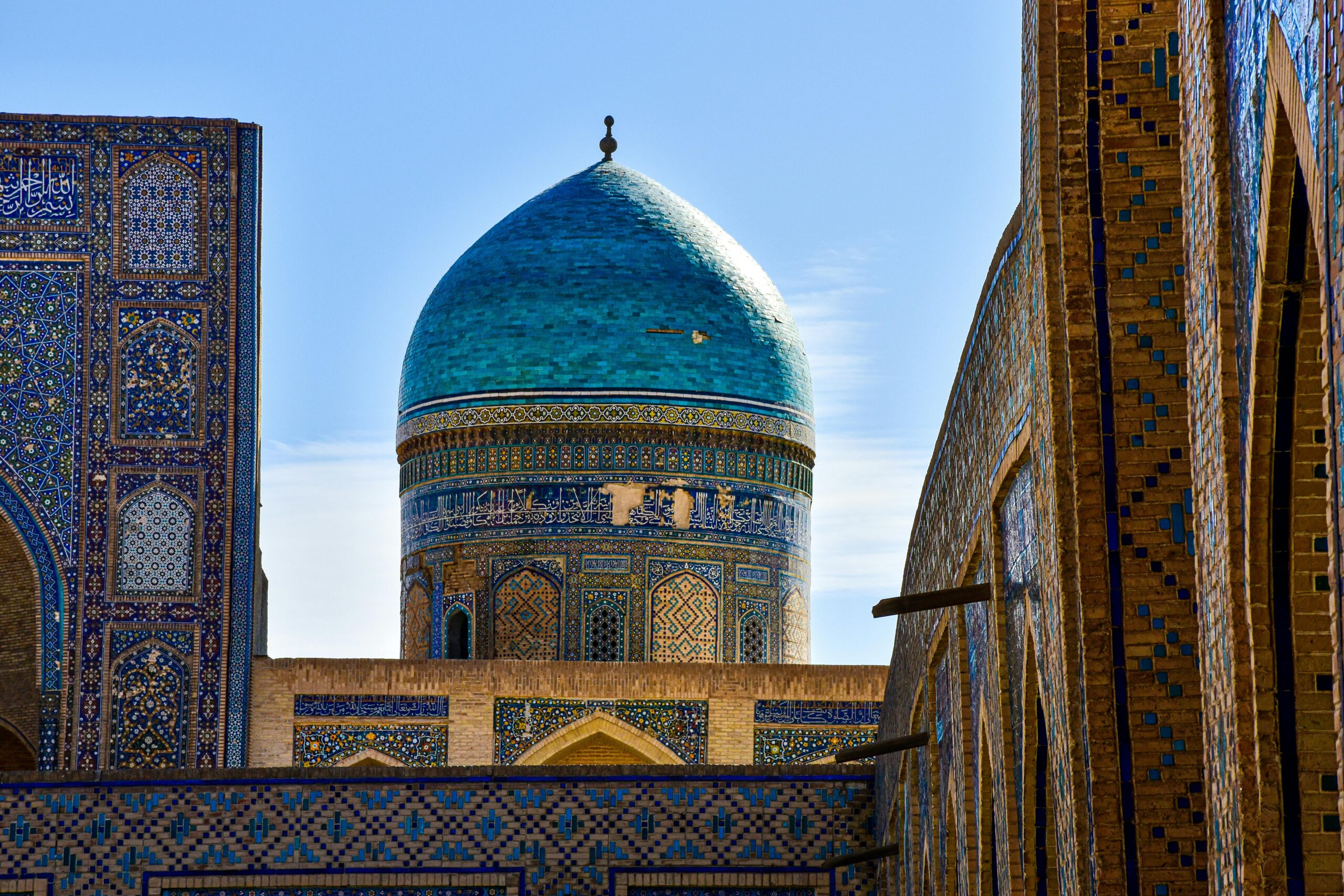Uzbekistan’s Festivals and Traditions: Celebrating the Rich Culture in 2024
Uzbekistan is a country rich in cultural heritage, with a fascinating blend of ancient traditions, modern influences, and vibrant celebrations. The people of Uzbekistan celebrate a variety of festivals and cultural events throughout the year, which showcase their deep-rooted customs, music, dance, and the country’s distinct way of life. Whether you’re planning to visit or simply interested in learning more, exploring these festivals and traditions is a wonderful way to immerse yourself in Uzbek culture.
In this guide, we’ll delve into some of the most important festivals and traditions in Uzbekistan that you should know about, from historical celebrations like Navruz to lively events like the Sharq Taronalari music festival.
1. Navruz: The Festival of Spring
One of the most significant and widely celebrated festivals in Uzbekistan is Navruz (also spelled Nowruz), which marks the arrival of spring and the Persian New Year. Celebrated on March 21st, Navruz has deep historical roots in the region, dating back thousands of years as part of Zoroastrian and Persian traditions. In Uzbekistan, Navruz is not only a time for celebrating the new season but also for honoring the spirit of renewal and unity.
During Navruz, Uzbeks celebrate with family gatherings, large feasts, and a variety of traditional rituals. Plov (pilaf) is often the centerpiece of the meal, and people take part in outdoor activities, dances, and singing. The day is filled with symbolic acts of cleansing, planting, and renewal, and in some parts of the country, public festivals are held with colorful parades and performances.
2. Sharq Taronalari: The International Music Festival
The Sharq Taronalari (meaning “Melodies of the East”) is one of Uzbekistan’s most famous cultural events. Held every two years in the ancient city of Samarkand, this international music festival celebrates traditional and contemporary music from the East and Central Asia. It brings together musicians from countries around the world, creating an exciting fusion of different cultures.
The festival, which typically takes place in August, is held in the Registan Square, a UNESCO World Heritage site. The performances feature a mix of Uzbek folk music, classical compositions, and vibrant cultural dances. The event is an extraordinary opportunity to witness the deep cultural connections between Uzbekistan and its neighbors and to experience the sounds and sights of the region’s rich musical traditions.
3. Ramazan and Kurban Hayit: Religious Celebrations
Uzbekistan is predominantly Muslim, and as such, Ramazan (the month of fasting) and Kurban Hayit (the festival of sacrifice) are two major religious celebrations that hold great significance in the country.
- Ramazan: During the holy month of Ramazan (or Ramadan), Uzbeks fast from dawn to sunset. The month is a time for reflection, prayer, and charity. In the evenings, families gather to break their fast with a meal known as iftar, which includes traditional dishes like samsa (savory pastries) and shorva (a hearty soup).
- Kurban Hayit: Celebrated after the end of Ramazan, Kurban Hayit is a festival of sacrifice that commemorates the willingness of the Prophet Ibrahim (Abraham) to sacrifice his son. On this day, families often sacrifice livestock (usually sheep or cows) and distribute the meat to the less fortunate. It’s also a time for family reunions, prayers, and charitable giving.
4. Independence Day: A Celebration of Freedom
Uzbekistan’s Independence Day, celebrated on September 1st, marks the country’s declaration of independence from the Soviet Union in 1991. This national holiday is celebrated with pride and patriotism, as Uzbeks reflect on their country’s journey to sovereignty and national identity.
On this day, various events take place across the country, including concerts, parades, fireworks, and exhibitions. It’s a public holiday, so many businesses and government offices close, and families come together to celebrate with traditional music, food, and dances.
5. Independence and National Holidays: Key Traditions
Apart from the major religious and historical festivals, Uzbekistan also observes several important national holidays and traditions:
- State Language Day (October 21st): Celebrates the Uzbek language and the country’s efforts to preserve its linguistic heritage.
- Teachers’ Day (October 1st): A day to honor educators and their contributions to the country’s development.
Each of these holidays is celebrated with public events, performances, and communal gatherings that showcase Uzbek hospitality and national pride.
6. Wedding Traditions in Uzbekistan
Uzbek wedding traditions are a significant part of the country’s cultural fabric. Weddings in Uzbekistan are not just about the couple; they are community events that involve entire families and sometimes even entire villages. The celebrations are typically marked by a series of elaborate rituals, including the Nikah (Islamic marriage ceremony), feasts, music, and dances.
One of the most famous traditions during Uzbek weddings is the bride’s dress, which is often colorful and ornate, showcasing beautiful embroidery and intricate patterns. The wedding feast, which can include a variety of traditional dishes like manty (dumplings) and shashlik (grilled skewered meat), is another key feature.
7. The Role of Handicrafts in Uzbek Culture
Alongside festivals, traditional handicrafts are an integral part of Uzbek culture. Suzani (embroidered textiles), ceramics, and carpets are just a few examples of the artisan skills passed down through generations. During festivals and celebrations, it’s common to see these crafts displayed and sold at markets and festivals.
The artistry involved in creating these items is often linked to important cultural themes and stories, making them not just items of beauty but also pieces of historical and cultural significance.
8. Conclusion: Experiencing the Heart of Uzbekistan
Uzbekistan’s festivals and traditions offer a unique and vibrant window into the soul of the country. From Navruz, the joyful celebration of spring, to the internationally recognized Sharq Taronalari music festival, and the spiritual observance of Ramazan and Kurban Hayit, Uzbekistan’s rich cultural calendar invites visitors to experience its warm hospitality and deep historical roots. Whether you’re exploring the country’s ancient cities or celebrating alongside its people, Uzbekistan’s festivals are a wonderful way to connect with the nation’s vibrant cultural heritage.
Read more
